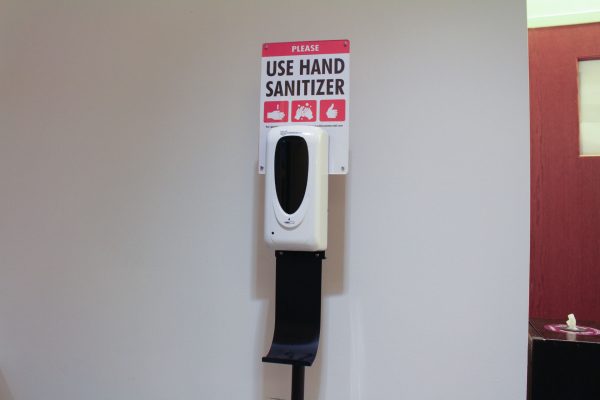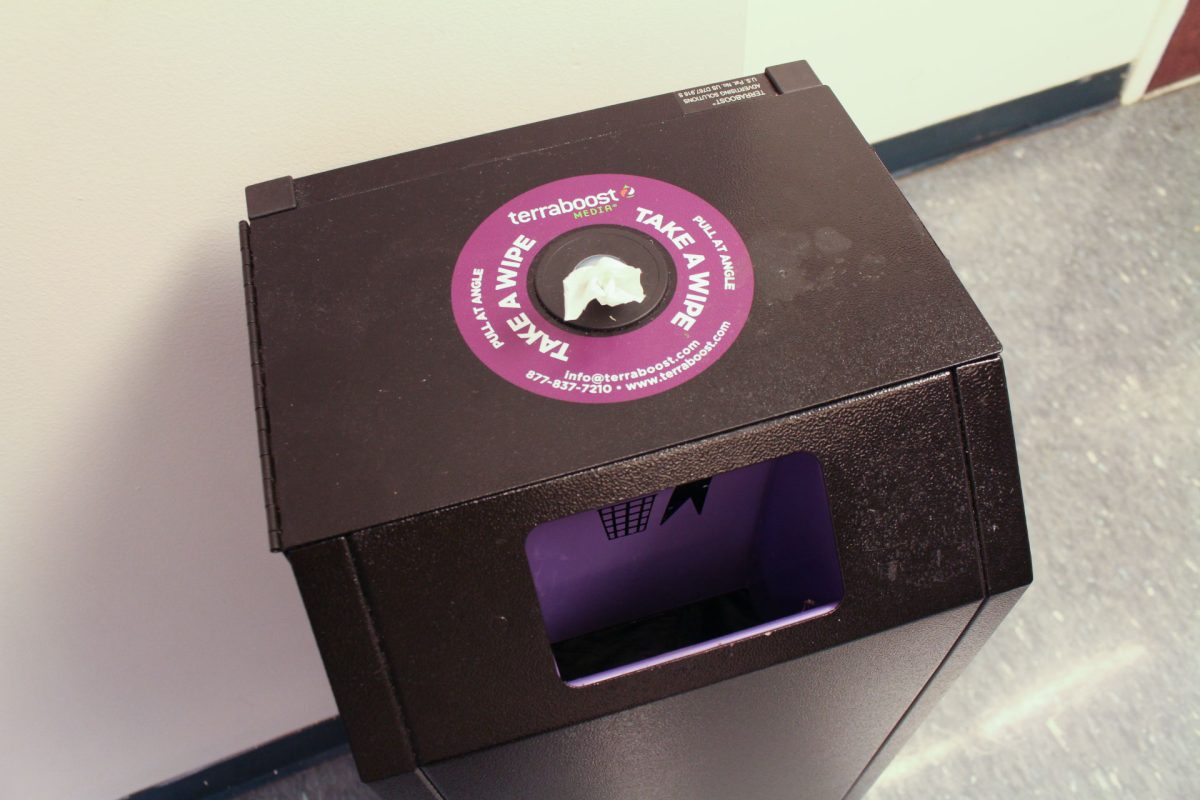Nowadays, the mere words “COVID-19” elicit a sigh of exhaustion from anyone within a five-mile radius — in fact, just writing it made me roll my eyes internally. The coronavirus pandemic, once the sole focus of all major news outlets, is now considered to be passé — a vintage virus. Pandemic burnout has drained many of their ability to properly empathize with the sick and disenfranchised.
In a Piedmont article, Dr. Gwenyth Francis, a physician specializing in infectious disease, stated that a common sign of COVID-19 fatigue is “A decline in compliance with mask-wearing and social distancing.”
Over three years have now passed since the onset of quarantine, and this apathy has transformed into a continuous disregard for public health in a multitude of forms, stretching beyond COVID-19 restrictions and impacting our society’s attitude towards proper sanitation as a whole. As the virus loses its novelty, many citizens lose their vigilance.
When lockdown restrictions were lifted, I was going into my junior year of high school and working part-time at T.J.Maxx. I distinctly remember being placed on “front door duty” and instructed to clean all the carts with a sanitary towel and ensure that every customer was wearing a mask. From experience, I can tell you that the feeling of vinyl gloves on your skin for eight hours straight is something you never grow comfortable with. Yet I did not question or challenge it. This was a matter of public health, and in cases like this, nothing is more important than following proper procedures. To use an old cliché, “cleanliness is next to godliness.”
However, as time passed, people everywhere grew increasingly lax about regulating sanitation. Cleaning the store changed from every hour to every two hours, and eventually, it was just one store-wide cleaning at opening and closing times. People were tired, and the initial sense of fear that had motivated such diligent cleaning behavior had worn off. This was simply how things were — if you couldn’t handle a bit of grime and a global pandemic, then that was your problem. What should have been a wake-up call became a voicemail message from an unknown number that nobody bothered to respond to.
The rapid transmission of disease should have motivated us to devote greater attention to hygiene and sanitation, especially in lower-income or heavily populated areas. However, three years after the start of the COVID-19 pandemic, public health is no longer a priority. Much of the interest in upholding high standards of cleanliness has dissipated, as people everywhere are desperate to move on.
But a cavalier attitude does nothing to assuage the human suffering caused by contamination. In a September 2023 editorial, the World Health Organization, or WHO, estimated that up to 1.4 million deaths could have been prevented annually if proper attention was given to water, sanitation and hygiene initiatives, or WASH. These methods help to curb the spread of disease and are particularly important in high-traffic areas. Additionally, even after the pandemic showcased the significance of adequate hygiene, over half the global population does not have access to safe sanitation facilities.
We are still in a public health crisis, even if it is not as glaring as it was in March 2020. It is far easier for the general public to sweep these issues under the rug given that they do not interrupt the continuation of daily life, but that does not make these problems any less real. Human empathy is one of the most valuable resources we have, and at times like this, it is the most crucial one to employ if we aim to enact real change.

This neglect for public health is also noticeable throughout the Northeastern campus. For instance, soap dispensers are running low, hand sanitizers are typically empty and cleansing wipes are often utilized exclusively at Marino Recreation Center. Not to mention, dirty napkins and used plates are left on the counters at Tatte, crumbs are abandoned on dining hall tables and trash is scattered around Snell. Everywhere at Northeastern, it appears that basic sanitation is utterly ignored. In many ways, the only people remaining diligent in proper sanitation are the underpaid campus workers, individuals left cleaning up the messes in dining halls and beyond.
As students and faculty members, we need to be doing more. Hand sanitizers are offered for free at UHCS, with a utilitarian clip that allows them to be easily attached to one’s backpack — so why aren’t we keeping these items on hand? If we want to promote public health and protect our classmates and professors, we must stop neglecting our responsibilities. If we want an environment where health is promoted and protected, we cannot wait for others to clean up our messes. We need to pick up the slack. We need to do our part.
Julianne Panaro is a second-year behavioral neuroscience and philosophy combined major. She can be reached at panaro.j@northeastern.edu.










